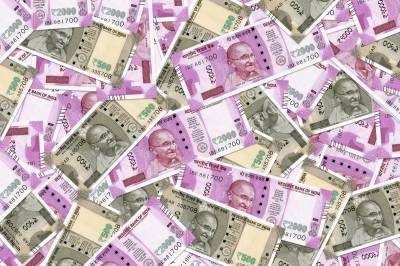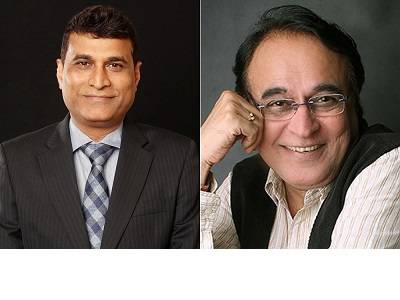Indepth: How Broadcast & Radio took the demonetisation bull by the horns
India is nearing the first anniversary of introduction of demonetisation on November 8, 2016. The policy move saw almost 86 per cent of the country’s currency, especially 500 and 1,000 denomination notes, becoming invalid overnight.
On the completion of one year of demonetisation, Adgully looks back on the chaotic times following introduction of the policy move, how the broadcast and radio industries coped with the fast-changing developments, the steps taken to overcome the negative effects and more...
The initial phase
While admitting that demonetisation had an adverse effect on the entire broadcast industry, Rohit Gupta, President, Network Sales & International Business, Sony Pictures Networks India(SPN), said that Sony’s main focus during that period was to maintain good relationships with its key advertisers.Avinash Pandey, Chief Operating Officer, ABP News Network, too, conceded that demonetisation was extremely negative in terms of advertising revenues and added that the industry suffered a lot for the first two months after the police was implemented and the impact was still going on.
“The broadcast industry has not yet come out the impact of demonetisation, because at ground level trade still happens in cash. However, the broadcast industry has supported many initiatives in order to create a transparent economy by going cashless and generate a more professional business set-up. This set-up will definitely help in increasing advertising,” Pandey further said.On the other hand Siddharth Zarabi, Executive Editor, BTVI, remarked that media companies didn’t have negative impact in a large way post demonetisation. This is because they all are organised in a formal way, Zarabi maintained. He added, “Demonetisation has been a spectacular move to formalise India’s economy.”
Impact on ad spends
Zarabi did say that initially the ad spends were slow post demonetization, but later on it recovered.
Sony’s Gupta also said that the growth rate of around 15 per cent for the television industry came down to around 8-10 per cent post demonetisation. “It took some months for the industry to stabilise,” he added.
How the radio industry fared
According to Prashant Panday, CEO, Radio Mirchi, “November itself was a terrible month and our revenues fell by almost 25 per cent over the previous year. However, things improved in December as the Government and the BFSI sectors started spending a lot on radio.”
Speaking about the immediate aftermath of the introduction of demonetisation, Panday said that almost all advertisers immediately cut back on their campaigns. “There was a lot of uncertainty and a fair degree of panic in the market. The long queues in front of ATMs being broadcast continuously on TV created a mindset of fear and uncertainty in the minds of the people. The lack of availability of small currency notes at that time added to the problems. Advertisers saw their businesses take a quick hit, and decided to cut back on ad spends.”
Combined effects of demonetisation, coupled with RERA and GST, brought about a definite slowdown in advertising on radio, said Abraham Thomas, CEO, Radio City. He added, “While categories like Government, Real Estate and Retail showed a downswing, categories like Automobiles, Finance and Consumer Durables actually grew. However, a good monsoon, festive season and positive consumer sentiment is bringing the confidence back to the market. We have had a positive start to the festive season and are expecting this upswing to continue for the rest of the year.”
Rajat Uppal, National Marketing Head, Red FM, too, admitted that the radio industry, like many other sectors, definitely got affected because of various policies during the first half of 2017. “Demonetisation had an immediate short-term effect on the industry. We had to postpone the Riders Music Festival in light of the whole scenario during that phase. The more organised retail sector, which holds a big chunk of radio advertising, had also been hit by demonetisation, with people spending only on necessities. However, a part of ad loss was also compensated by advertising from BFSI, e-commerce and e payment services.”
He further added, “There was a ripple effect all over and various sectors got affected. Having said that, we were always positive about the long-term effect of these policies. With back to back festive seasons, we witnessed an upsurge in advertising, which helped us overall in maintaining balance in this year.”



























Share
Facebook
YouTube
Tweet
Twitter
LinkedIn